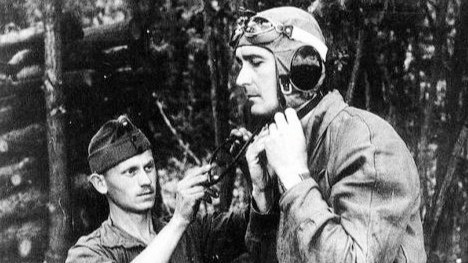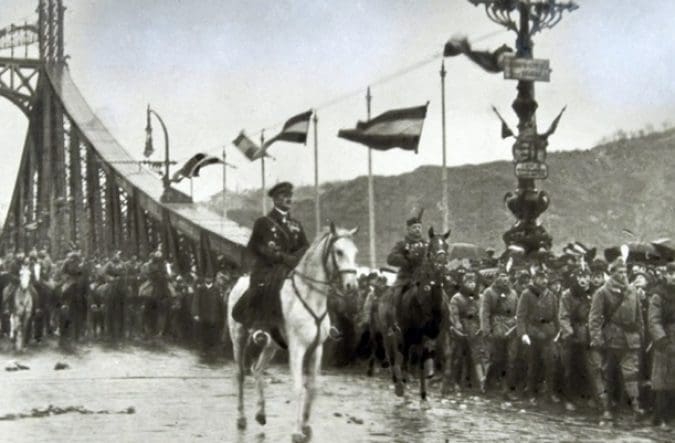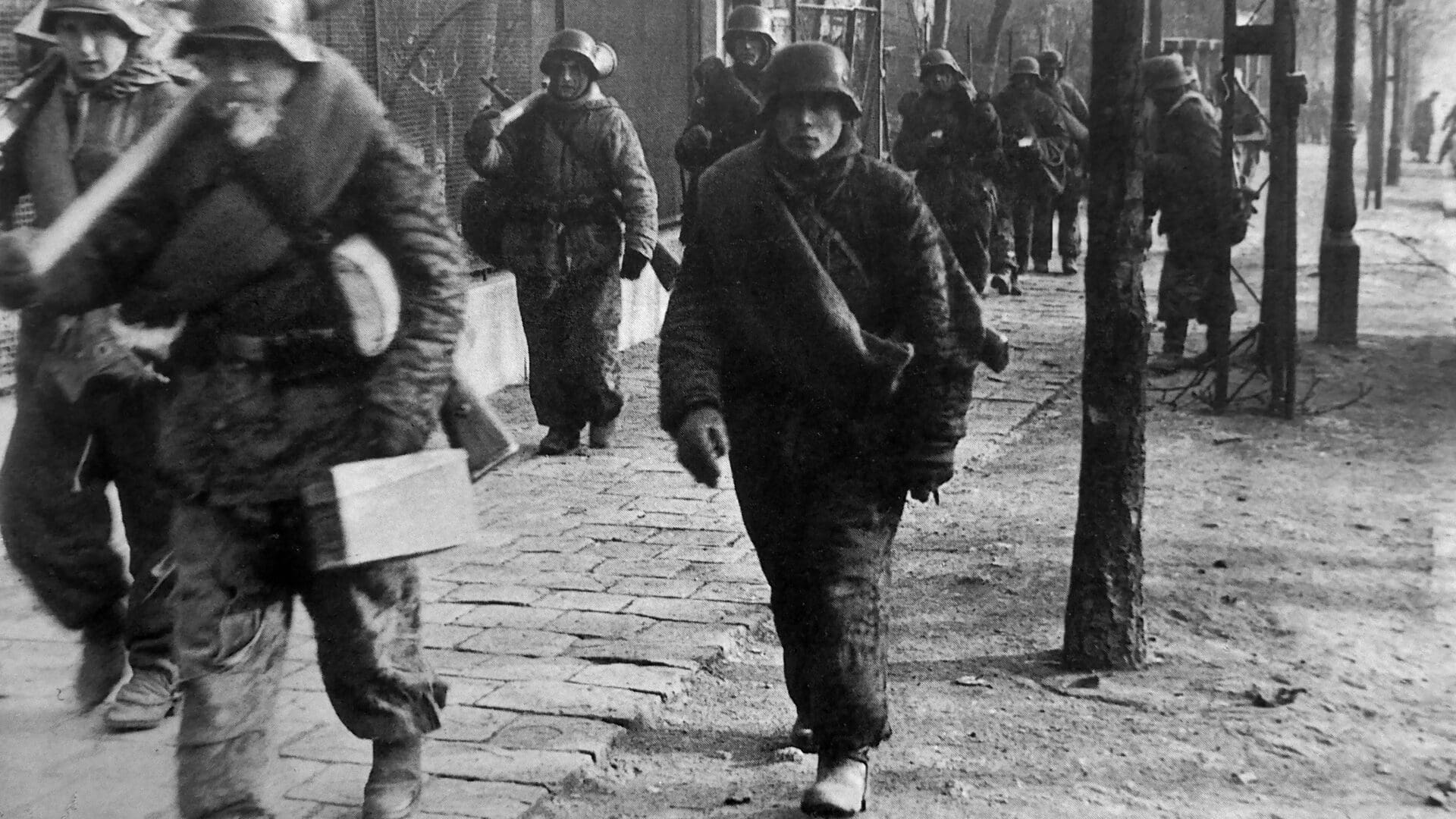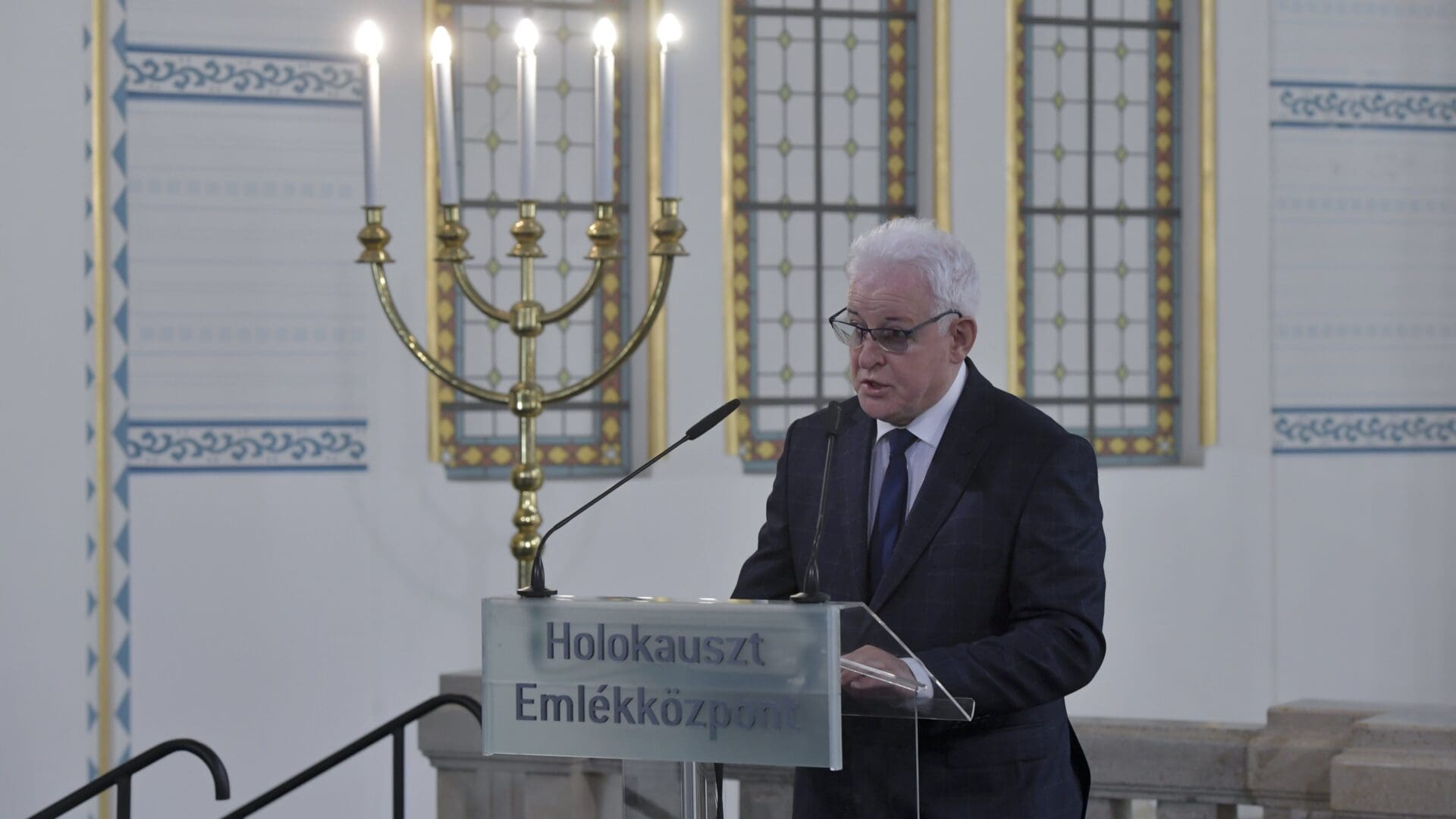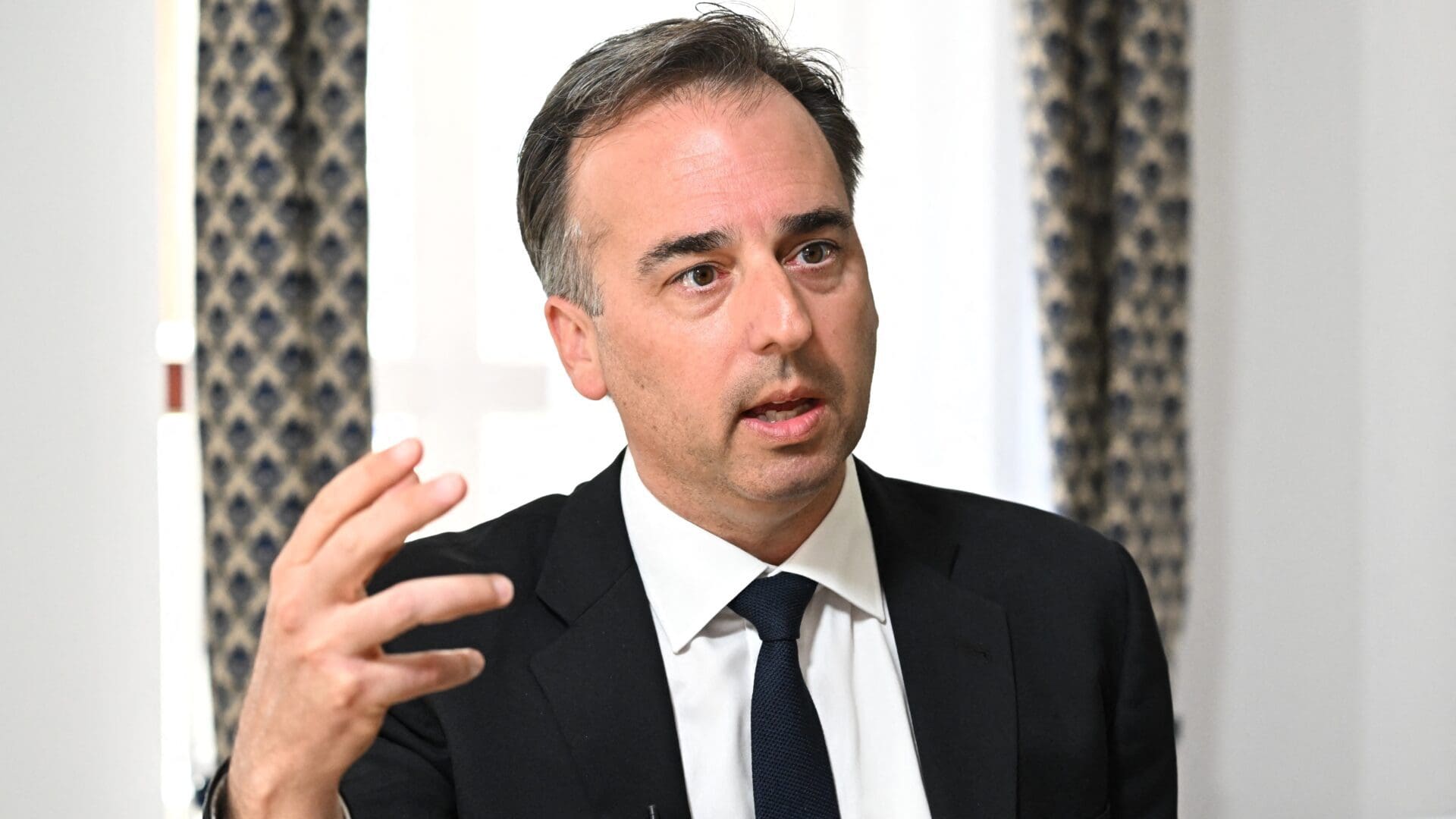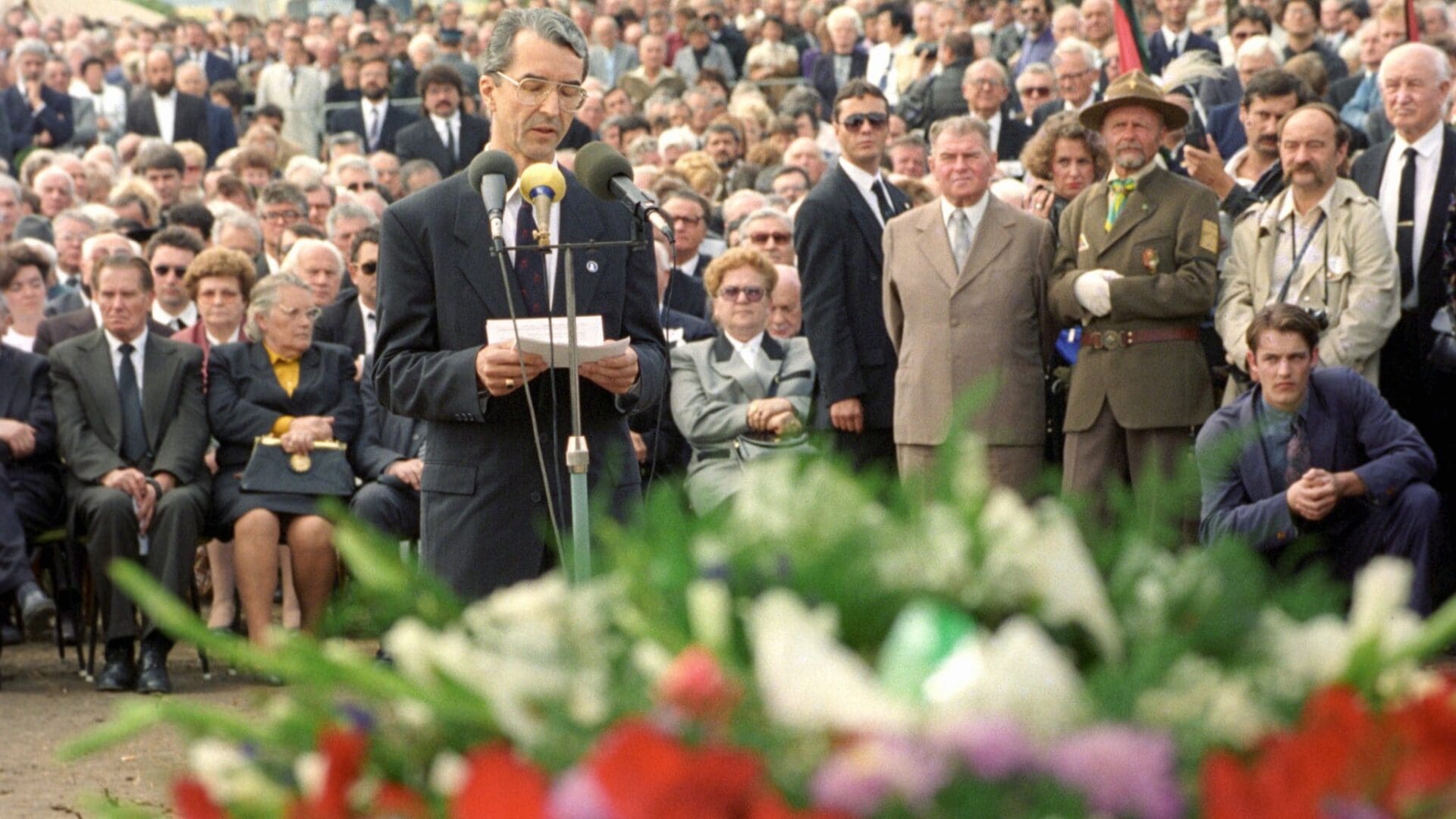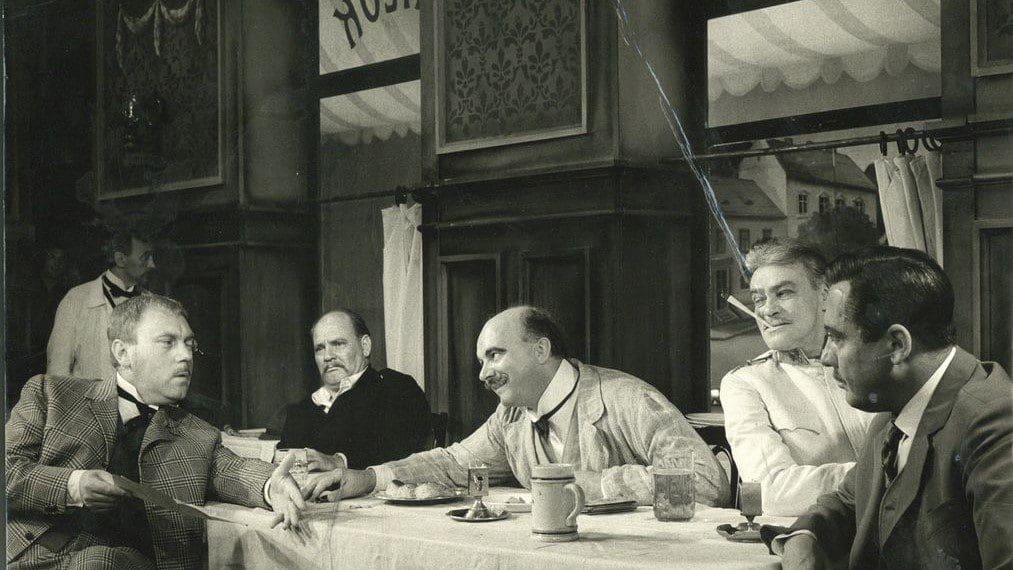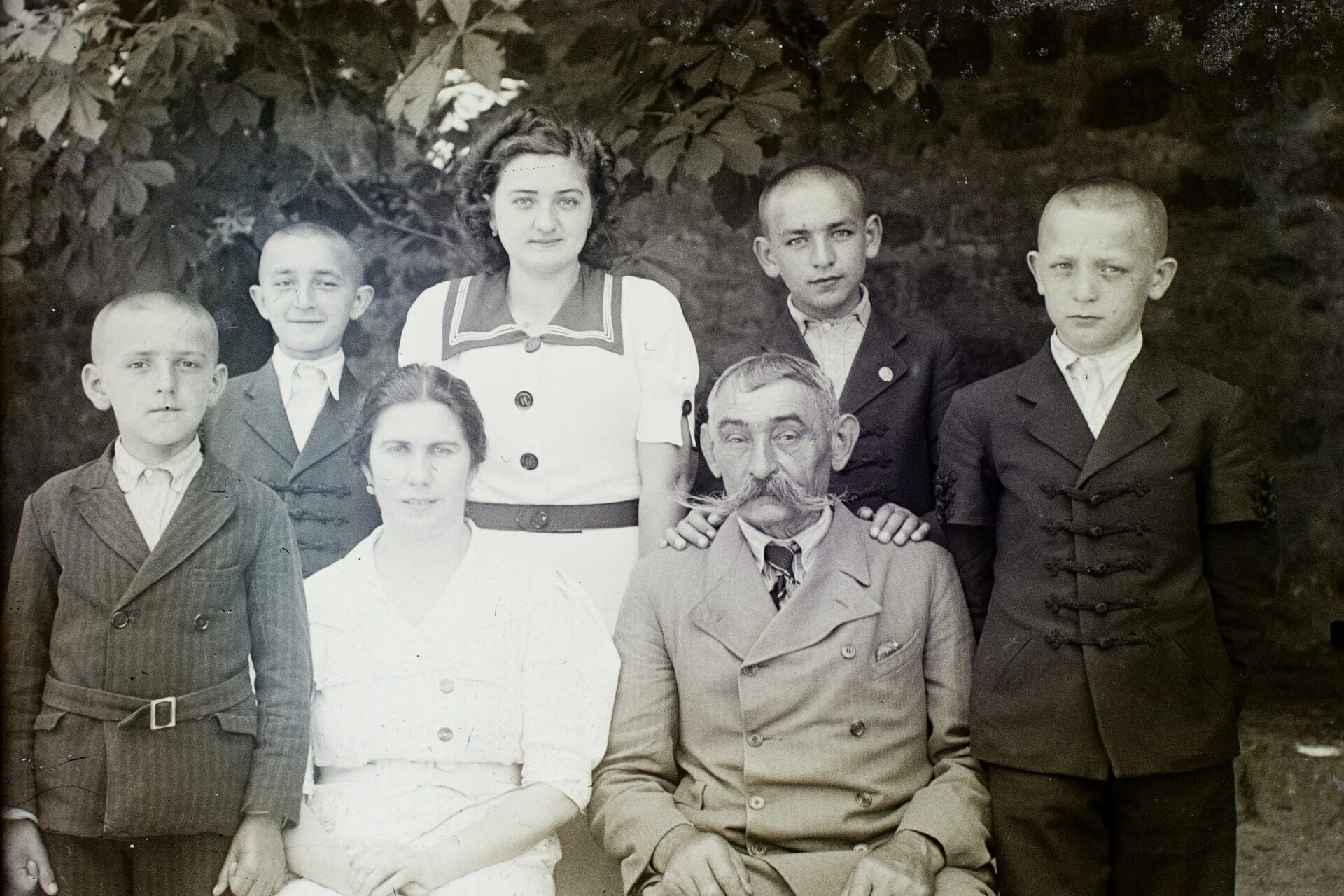
War of Worlds: Clash of Generations in the Horthy era
While generational differences pushed one group of young men into the camp of the contemporary nationalist right, that did not necessarily determine their later life choices. Generational experiences did define men to some extent—but it was political and moral choices that had the final say.


